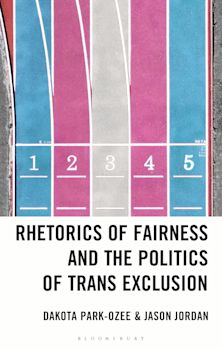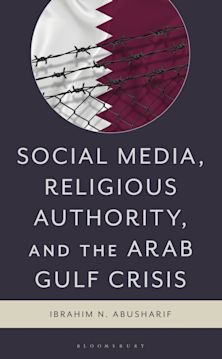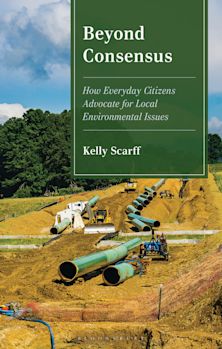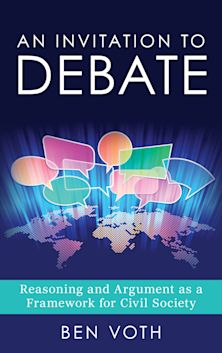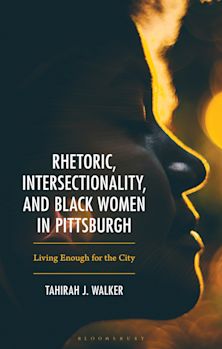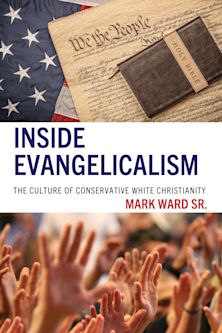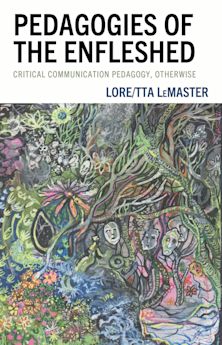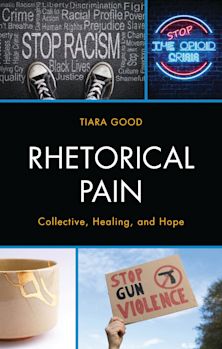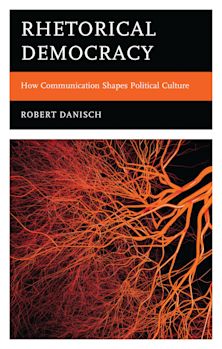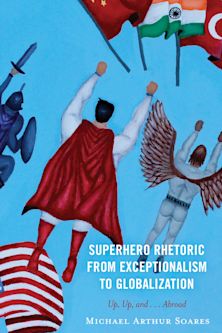- Home
- ACADEMIC
- Communication Studies
- Rhetoric
- The Rhetoric of Dystopia
The Rhetoric of Dystopia
Prophecies and Provocations in the Anthropocene
The Rhetoric of Dystopia
Prophecies and Provocations in the Anthropocene
This product is usually dispatched within 1 week
- Delivery and returns info
-
Free US delivery on orders $35 or over
You must sign in to add this item to your wishlist. Please sign in or create an account
Description
The Rhetoric of Dystopia develops an idea of “emergent metalepsis” that describes the uncanny moments where fictive texts anticipate material events, blurring the boundary between the storyworld and the world of reception. Christopher Carter treats dystopia as rhetoric that shapes collective identities while speeding across platforms and geopolitical borders, at once critiquing and exemplifying the circulation of power relations through varied modes. This rhetoric features rampant viruses, authoritarian governments, corporate behemoths, corrupt educational and scientific institutions, and brutal policing, sometimes amplifying existing trends and sometimes merely documenting them. From Bong Joon-ho to Reed Morano, Octavia Butler to Richard McGuire, artists proffer arguments whose gravity we often fail to register, thus calling into question the uses of media literacy in an age of looming cataclysm. Carter situates this rhetoric within scholarship on literacy, built environments, border policies, global food production, and the Anthropocene.
Table of Contents
Chapter Two: Roquentin’s Nightmare: Fantastic Spaces and Failed Individuation
Chapter Three: Limit Cases: Youth on the Border
Chapter Four: Eating Our Own Crimes: Food Horror in the Anthropocene
Chapter Five: Out of Time: Kairos and the Post-Apocalypse
Product details
| Published | Aug 12 2024 |
|---|---|
| Format | Hardback |
| Edition | 1st |
| Extent | 214 |
| ISBN | 9781666941487 |
| Imprint | Lexington Books |
| Dimensions | 9 x 6 inches |
| Publisher | Bloomsbury Publishing |
About the contributors
Reviews
-
The Rhetoric of Dystopia is a fascinating, path-breaking and insightful elaboration on literary and cinematic depictions of dystopian worlds and on the ambiguous politics of literacy and art. Its elegant prose and compelling argumentation make the book an engaging, thought-provoking and valuable analysis of aesthetic responses to pandemics, climatological and geopolitical ills, contrasts of abundance and deprivation, nuclear threat and environmental inequities.
Marianna Papastephanou, Department of Education, University of Cyprus
-
Carter offers a deeply compelling analysis of the dystopian aesthetic in cultural production, reading the films and novels of crisis and collapse not as the despairing lamentations they might seem, but as vital reminders that a better world is possible.
James R. Daniel, Seton Hall University

ONLINE RESOURCES
Bloomsbury Collections
This book is available on Bloomsbury Collections where your library has access.













